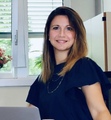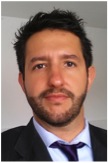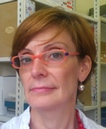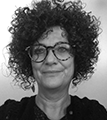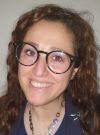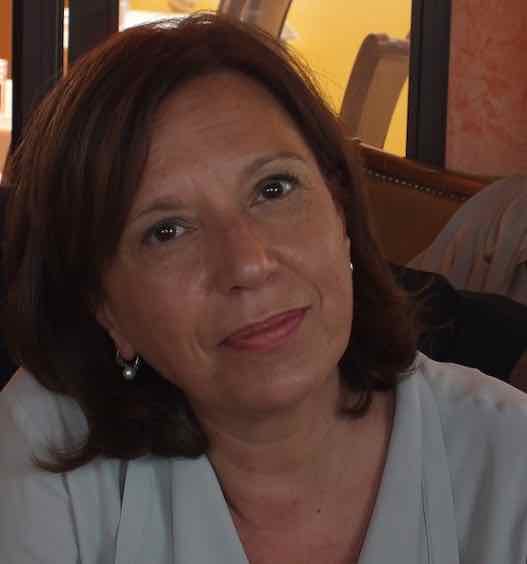Studying at the University of Verona
Academic calendar
The academic calendar shows the deadlines and scheduled events that are relevant to students, teaching and technical-administrative staff of the University. Public holidays and University closures are also indicated. The academic year normally begins on 1 October each year and ends on 30 September of the following year.
Course calendar
The Academic Calendar sets out the degree programme lecture and exam timetables, as well as the relevant university closure dates..
| Period | From | To |
|---|---|---|
| MED ING annuale | Oct 2, 2024 | Sep 30, 2025 |
| MED ING 1° semestre | Oct 2, 2024 | Dec 20, 2024 |
| MED ING 2° semestre | Jan 2, 2025 | Sep 30, 2025 |
| Period | From | To |
|---|---|---|
| Tutti i Santi | Nov 1, 2024 | Nov 1, 2024 |
Exam calendar
To view all the exam sessions available, please use the Exam dashboard on ESSE3. If you forgot your login details or have problems logging in, please contact the relevant IT HelpDesk, or check the login details recovery web page.
Should you have any doubts or questions, please check the Enrollment FAQs
Academic staff
Study Plan
The Study Plan includes all modules, teaching and learning activities that each student will need to undertake during their time at the University.
Please select your Study Plan based on your enrollment year.
1° Year
| Modules | Credits | TAF | SSD |
|---|
2° Year It will be activated in the A.Y. 2025/2026
| Modules | Credits | TAF | SSD |
|---|
3° Year It will be activated in the A.Y. 2026/2027
| Modules | Credits | TAF | SSD |
|---|
4° Year It will be activated in the A.Y. 2027/2028
| Modules | Credits | TAF | SSD |
|---|
5° Year It will be activated in the A.Y. 2028/2029
| Modules | Credits | TAF | SSD |
|---|
6° Year It will be activated in the A.Y. 2029/2030
| Modules | Credits | TAF | SSD |
|---|
| Modules | Credits | TAF | SSD |
|---|
| Modules | Credits | TAF | SSD |
|---|
| Modules | Credits | TAF | SSD |
|---|
| Modules | Credits | TAF | SSD |
|---|
| Modules | Credits | TAF | SSD |
|---|
| Modules | Credits | TAF | SSD |
|---|
Legend | Type of training activity (TTA)
TAF (Type of Educational Activity) All courses and activities are classified into different types of educational activities, indicated by a letter.
Analog and digital electronics and signals (It will be activated in the A.Y. 2025/2026)
Teaching code
4S012556
Credits
9
Scientific Disciplinary Sector (SSD)
-
Learning objectives
The course aims to introduce students to the analysis, acquisition, and processing of signals relevant to medicine and surgery, providing students with the fundamental notions regarding transforming electrical signals into computerized digital data.
This teaching will begin with introducing signals and their main characteristics, taking up some concepts from Fourier and Laplace analysis. A necessary introduction to the study of electrical networks will then be presented, taking up the main concepts developed in the Physics course. Analog electronics will be presented in the context of the sensors necessary for acquiring biological and biomechanical data with reference to the main electronic components. The module will be based on simulations of the behavior of analog circuits connected to patients and on some laboratory tests.
Students will also be provided with the main elements of measurement theory.
The teaching will continue by introducing students to the main characteristics of digital electronic circuits. After the necessary introduction to the operation and analysis of digital electronics, the primary circuits will be covered, from analog-digital conversion to digital memories and calculation units, following the various phases of signal and data processing.
Examination Methods
To pass the exam, the student will have to take a written test relating to the design of an analog circuit and a digital circuit containing also theoretical questions. To pass the test you must obtain a score of at least 18/30.
Evaluation criteria
At the end of the course, the student will have to demonstrate: - have understood the functioning of the basic analog schemes necessary for medical sensors - know how to use the main design and simulation tools and know how to evaluate the quality of the measurements - have understood the functioning of the components that manage the conversion of signals into data - know how to use the main design and simulation tools in the field of digital electronics - have the skills to continue studies independently in the field of analog and digital biomedical electronics
Free choice courses
Modules not yet included
Career prospects
Module/Programme news
News for students
There you will find information, resources and services useful during your time at the University (Student’s exam record, your study plan on ESSE3, Distance Learning courses, university email account, office forms, administrative procedures, etc.). You can log into MyUnivr with your GIA login details: only in this way will you be able to receive notification of all the notices from your teachers and your secretariat via email and soon also via the Univr app.
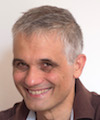
 giuseppe.bertini@univr.it
giuseppe.bertini@univr.it
 045-802-7682
045-802-7682
